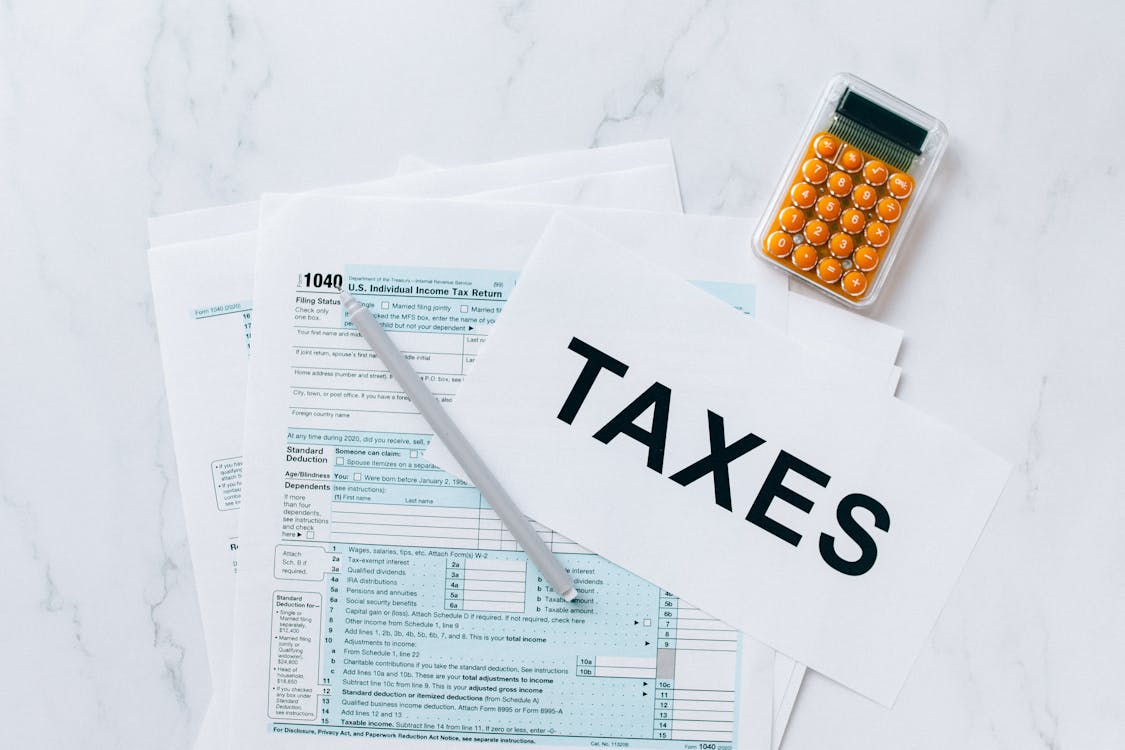Small business owners are frequently compelled to acquire expertise in fields that are neither directly related nor advantageous to their company. In spite of the numerous responsibilities that small business owners undertake on a daily basis, effectively handling tax management demands substantial investments of time, money, and resources.
The administration of sales tax is a burdensome procedure that necessitates small enterprises to gather, disclose, and transmit the appropriate quantity of tax on each transaction that occurs at the point of sale. Inaccurate collections or late payments can expose small businesses to financial risk. Moreover, the simplicity of managing sales tax has been further complicated by the growing prevalence of digital commerce and transactions.
Small enterprises now frequently function in a multi-channel environment. All of their digital platforms—storefronts, e-commerce sites, and marketplaces—necessitate integrated systems for inventory management and payment collection. Due to the fact that the majority of the customer experience is already managed technologically by contemporary small businesses, they stand to gain from tax technology that alleviates the compliance burden.
Table of Contents
How POS Systems Help with Taxes
Having tax automation that is compatible with point-of-sale (POS) systems can supply small businesses with several benefits.
Tracking Collections and Taxes
The point of sale (POS) system of your restaurant should also facilitate collection management. This encompasses the income that has been gathered, employee gratuities, and sales tax. Adequate monitoring guarantees that one is cognizant of the items accumulated, thereby eliminating any potential for unforeseen circumstances.
Preparing for Audits
Bear in mind that your point-of-sale (POS) systems and self service kiosks does not function as an independent financial statement. It should be incorporated into your tax returns and financial statements via an external program. By ensuring that the POS reports precisely correspond to the financials, one can adequately prepare for audits. Financial scrutiny is less stressful when there are no concealed discrepancies.
Sales tax requirements are constantly changing
In the United States and Canada alone, over 40,000 tax rate and taxability modifications occurred in 2020. The dynamic nature of tax regulations and the rates at which products and services are taxed impose a substantial temporal strain and heighten the likelihood of tax errors on small enterprises when manual tracking of changes occurs.
Navigating the ever-evolving landscape of tax regulations and rates becomes an even greater obstacle for small enterprises that operate through multiple distribution channels. Small businesses must possess knowledge of not only the sales tax regulations applicable to their physical locations, but also the ramifications of economic nexus laws. These laws mandate that remote sellers must levy and remit sales taxes in the jurisdiction where a customer is situated. However, it is important to note that the United States itself comprises over 13,000 taxing jurisdictions.
Automation Reduces the Need for Manual Management

With in consideration the frequency of tax rule changes and the sheer number of them, it is evident that manual sales tax administration is absurd in a world dominated by digital technology. A recent study found that small businesses with three or fewer employees incur sales tax management expenses amounting to nearly $12,000. Small businesses can potentially save time and money by not having to manually update tax rules, rates, or filing requirements; this is made possible by contemporary digital tax tools. Therefore the Making Tax Digital program is designed to enhance efficiency and reduce errors in the tax process, allowing businesses to submit their financial records digitally and in a more organized manner.
Additionally, these automated tax solutions can offer small businesses a heightened sense of assurance. Integrated tax solutions implemented at the point-of-sale execute daily tax withholding and accurate Malta’s company tax rate calculations, thereby aiding small enterprises in mitigating audit risk and preventing misallocation of tax revenue. In addition to its utility in calculations, automation also brings benefits to tax returns. The tax set aside can be utilized by technology to prepare, submit, and pay the tax owed to jurisdictions automatically.
Manages Tax as Businesses Grow
Although many small business owners are preoccupied with the present, expansion is a constant concern for them. Small businesses can expand in a variety of methods, including by introducing new products, locations, or distribution channels. Nevertheless, expanding small enterprises must be ready to assume additional responsibilities, such as tax obligations.
Suppose a solitary physical location coffee shop employs automation to gather and remit sales tax on transactions conducted within its premises. Upon the owners’ decision to establish a second location in a neighbouring state, their point-of-sale system and integrated estate tax consultants solution can be seamlessly expanded to accommodate any additional regulations and responsibilities. Ultimately, taxation can pose a substantial and expensive impediment to expansion. However, small businesses can leverage the scalability of automation to circumvent such obstacles and concentrate on augmenting their business activities.
Although small business owners are confronted with numerous challenges that vie for their attention away from operational matters, tax matters should not be among them. A process mandated by the government that offers no benefit to businesses is an ideal candidate for automation. Tax compliance is simplified through the integration of tax technology at the point-of-sale, which eliminates the requirement for supplementary resources, results in time and cost savings, and mitigates the potential for exposure in the event of an audit. In the current digital era, modest businesses that wish to thrive are compelled to adopt technological solutions for their tax operations.






